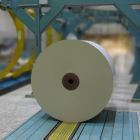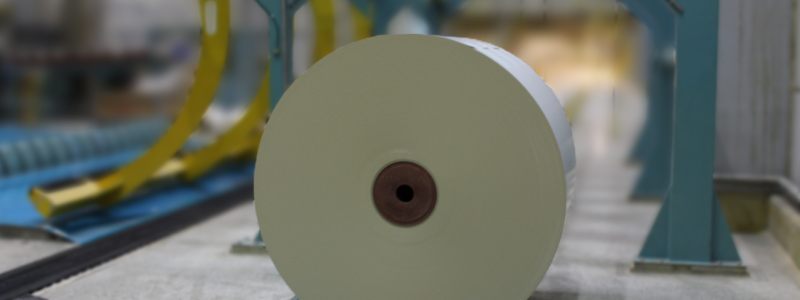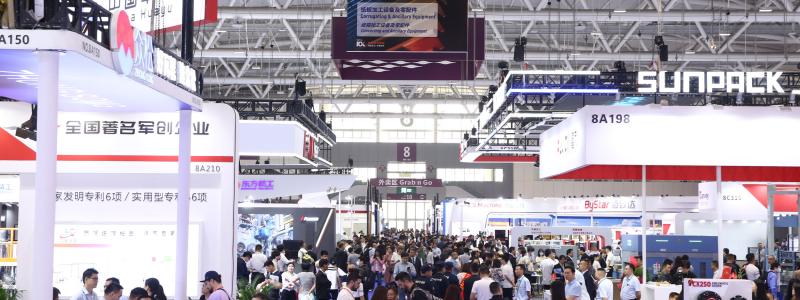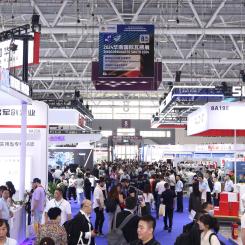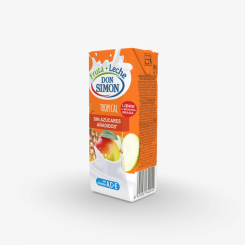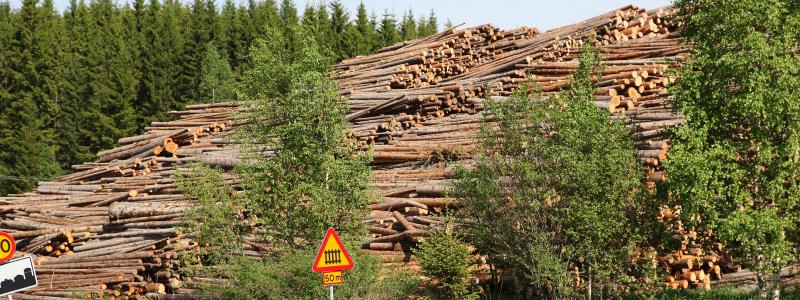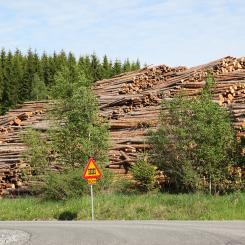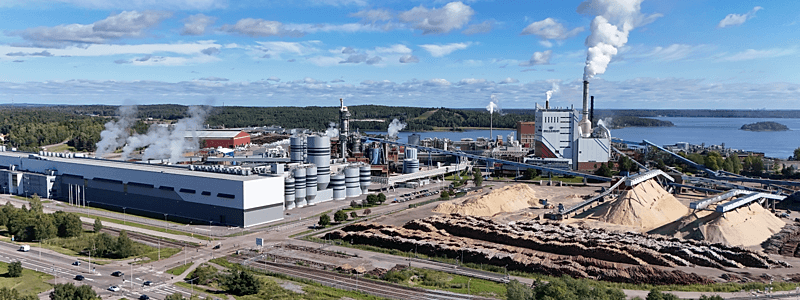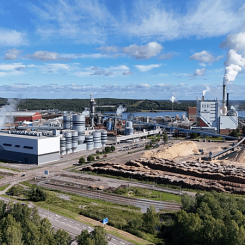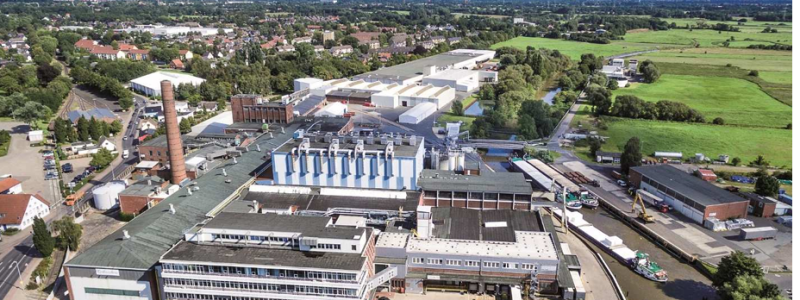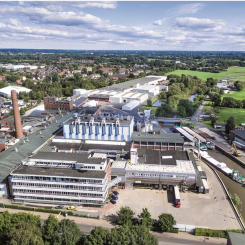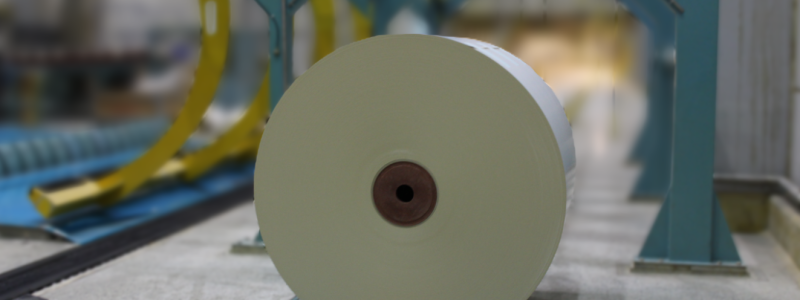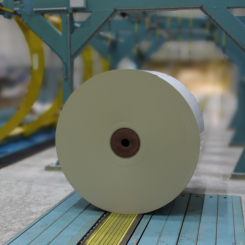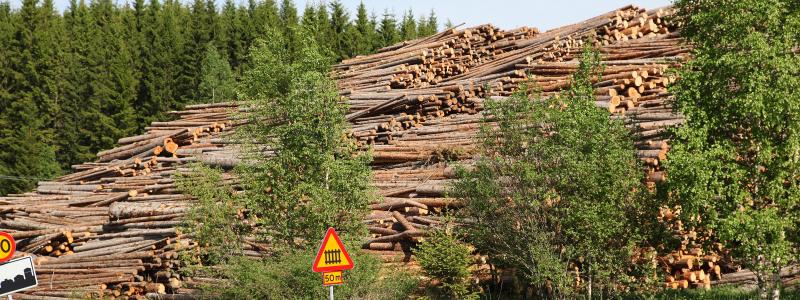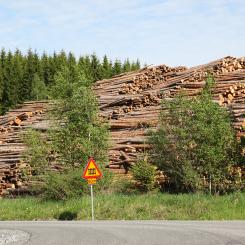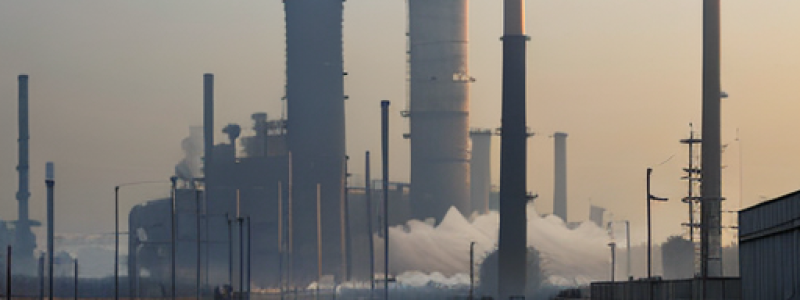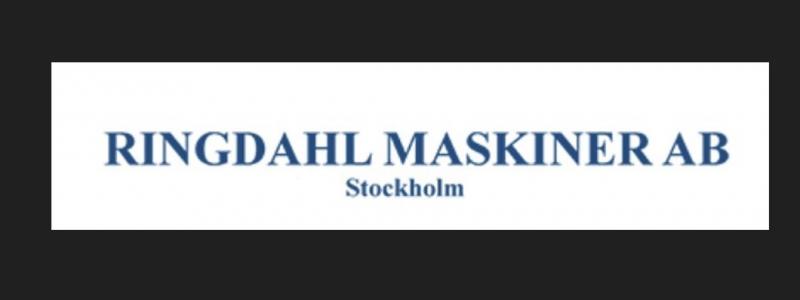Fibrek Inc, a producer and marketer of virgin and recycled kraft pulp, recently announced results for the third quarter ended September 30, 2010. Sales amounted to $132.2 million, compared with $112.8 million for the third quarter of 2009. For a fifth consecutive quarter, positive EBITDA(1) were recorded with $19.8 million in the third quarter of 2010 compared to $6.4 million for the corresponding quarter of 2009. Net earnings for the quarter totalled $3.8 million, or $0.03 per share, compared with a net loss of $14.5 million, or $0.16 loss per share, for the third quarter of 2009.
NBSK Pulp
(northern bleached softwood kraft)
Sales for the third quarter ended September 30, 2010 totalled $64.9 million, compared with $63.1 million for the corresponding period of 2009, representing an increase of $1.8 million. This increase is attributable to higher pulp prices of $23.8 million partly offset by a lower sales volume of $18.4 million and a stronger Canadian dollar compared to the US currency of $3.6 million.
NBSK market pulp price (for pulp delivered in North America) was higher by US$267 per tonne or 36% on average during the third quarter of 2010 when compared with the corresponding quarter of 2009. The increase in NBSK market pulp prices, partly offset by a stronger Canadian dollar when compared with the third quarter of 2009, resulted in an average sales price of CAN$1,039 per tonne, CAN$234 per tonne above the average sales price recorded in the corresponding quarter of 2009.
The NBSK pulp sales volume totalled 73,920 tonnes in the third quarter of 2010, a decrease of 20,919 tonnes when compared with 94,839 tonnes for the corresponding period of 2009. The lower sales volume was mainly due to a strong recovery quarter in 2009 and an increase in world supply in 2010.
Production at the Saint-Félicien mill during the third quarter ended September 30, 2010 totalled 92,492 tonnes, compared with 89,910 tonnes in the third quarter of 2009. The increase in production volume was due to better productivity.
RBK Pulp
(recycled bleached kraft)
For the third quarter ended September 30, 2010, the RBK pulp segment recorded sales of $67.3 million, compared with $49.8 million for the corresponding period of 2009. This increase of $17.5 million is mainly attributable to higher net realized pulp prices of $16.8 million and by a higher sales volume of $4.5 million partly offset by an unfavourable exchange rate of $3.8 million.
The RBK pulp sales volume reached 88,905 tonnes, compared with 83,019 tonnes for the corresponding period of 2009. The RBK pulp average sales price increased by 43% over the same period in 2009. In 2009, the black liquor tax credit allocated to US virgin pulp producers negatively impacted the demand for RBK pulp. The impact of the stronger Canadian dollar resulted in a 26% increase in the sales price per tonne.
Production at the Fairmont and Menominee mills totalled 90,316 tonnes for the quarter ended September 30, 2010, compared with 84,110 tonnes for the corresponding quarter of 2009. The increase in production volume was due to more operating time in 2010.
Outlook
"NBSK pulp market has begun to soften towards the end of the third quarter but at a slower pace than anticipated. In a downward commodity market, it is normal behavior for customers to hold back orders until prices are confirmed. There is currently no consensus amongst forecasters in our industry, but market fundamentals such as tight inventories, a weak US dollar and a significant Chinese presence in the market continue to support a soft landing for NBSK pulp prices. As per the October 21, 2010 issue of the Pulp & Paper Products Council’s report, sales to China amounted to 685,000 tonnes in September, up 70% from August. Year-over-year world pulp shipments were up 2.9% with softwood pulp shipments up by a healthy 6.2%.
The RBK pulp market continues to be negatively impacted by dropping hardwood kraft pulp prices. RBK pulp prices typically follow wastepaper prices which, at this time, are not going in the same direction as hardwood kraft pulp prices. Consequently, customers who can substitute RBK pulp for hardwood kraft pulp and who have no recycled content requirements have left the RBK market. While, the financial results of this business segment are disappointing, North American RBK volumes continue to increase as demand for greener applications and recycled contents are coming back.
The expected woodchip price reduction has materialized during the third quarter through the yearly exercise of setting the market price, effective September 1, 2010, as part of the supply agreement with AbitibiBowater. Fibrek has reached price reductions with all of its woodchip suppliers which will result in cost savings of approximately $10 million for the 12-month period beginning September 1, 2010.



